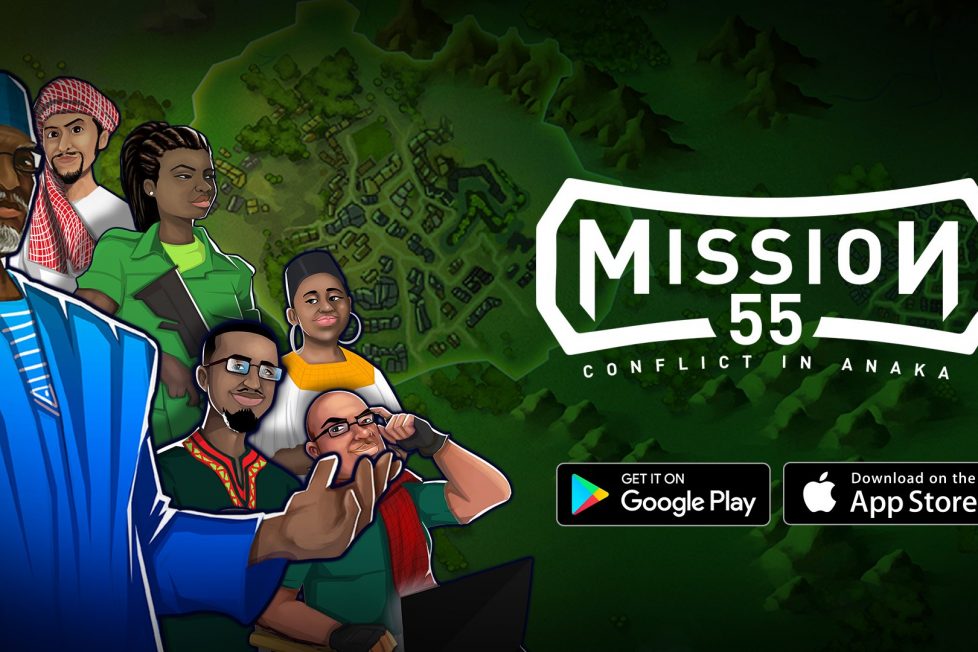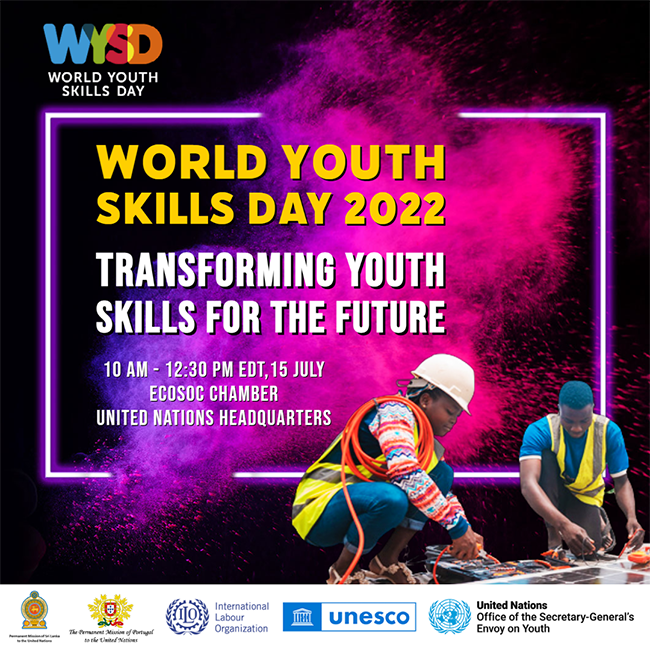“Mission55 Conflict in Anaka” Game Seeks To Power Up The Youth
The game, which the AU and GIZ developed, aims to raise awareness, educate and inform the public, particularly youth, on the mandate of the AU to promote good governance, peace and security in Africa.

CAPE TOWN, South Africa
This week the African Union (AU) Youth for Peace Africa Programme, the Deutsche Gesellschaft für Internationale Zusammenarbeit (GIZ), and the United Nations Office to the African Union (UNOAU) launched a serious game known as “Mission55 Conflict in Anaka”, to commemorate the International Day of Peace (Peace Day) 2022. The game, which the AU and GIZ developed, aims to raise awareness, educate and inform the public, particularly youth, on the mandate of the AU to promote good governance, peace and security in Africa. Moreover, the launch exposes participants to the African Governance Architecture (AGA), the African Peace and Security Architecture (APSA) tools used to prevent, manage and mitigate conflicts. It also aims to enhance the agency of PeaceBuilders within their communities.
And speaking at the opening ceremony, Patience Chiradza, Director for Governance and Conflict Prevention, on behalf of Amb. Bankole Adeoye, Commissioner for Political Affairs, Peace and Security, lauded the AU-GIZ-UN partnership. She called on African youth to continue to leverage new technologies in deepening their knowledge and understanding toward meaningfully contributing to sustainable peace in Africa.
Chiradza underlined the significant contributions of the African Youth Ambassadors for Peace (AYAPs) in advancing the implementation of the youth, peace and security agenda in close collaboration with the AU Member States, particularly the Peace and Security Council., “The adoption of the Continental Framework on Youth, Peace and Security and its 10-Year Implementation Plan in 2020 is a key milestone,” concluded Chiradza. On his part, Parfait Onanga-Anyanga, Special Representative of the UN Secretary-General to the African Union and Head of UNOAU, reiterated the UN’s commitment to promote human dignity, end racism and build peace, in line with the Peace Day 2022 theme and the Joint AU-UN Framework for an Enhanced Partnership. Onanga-Anyanga stated that education is critical in promoting harmony in our communities and applauded the use of technological innovations for inclusivity in peacebuilding.
According to Stephan Auer, German Ambassador to Ethiopia, “This game will reinforce outreach efforts as youth can now connect through smartphones and be more aware of the work of the African Union in crisis prevention, conflict management and peacebuilding”. And following the launch, the AYAPs convened a Youth General Assembly to update young people on the status of the implementation of the youth, peace and security agenda in Africa. These activities to mark Peace Day 2022 at the AU Headquarters brought together representatives from the AU and partner organizations, AYAPs, and other young people from across the continent, including digital media practitioners and social media influencers. To learn more, the game can be downloaded at Mission 55 Games.










